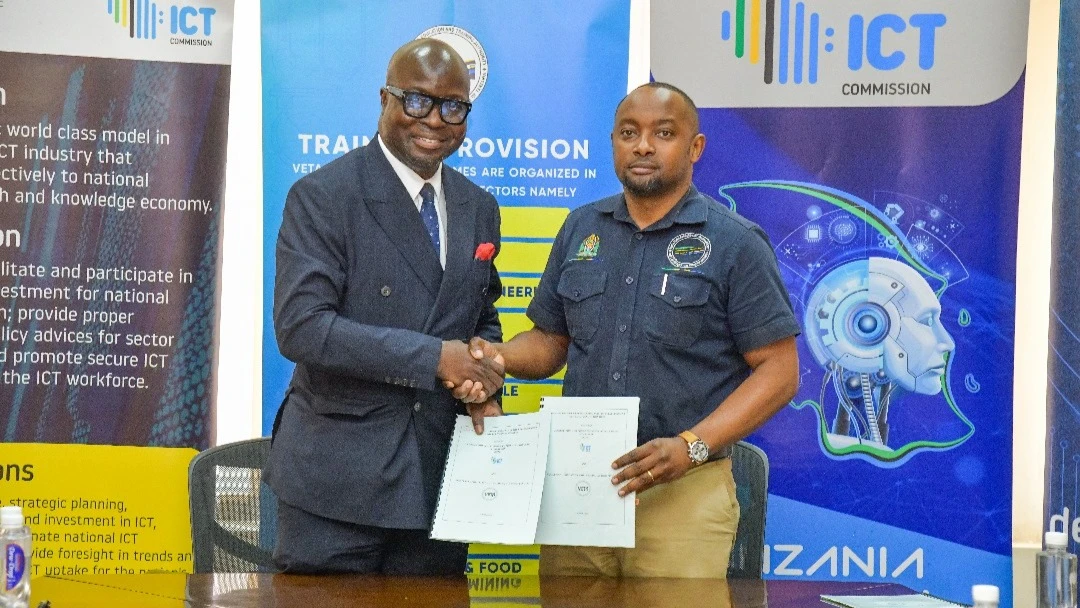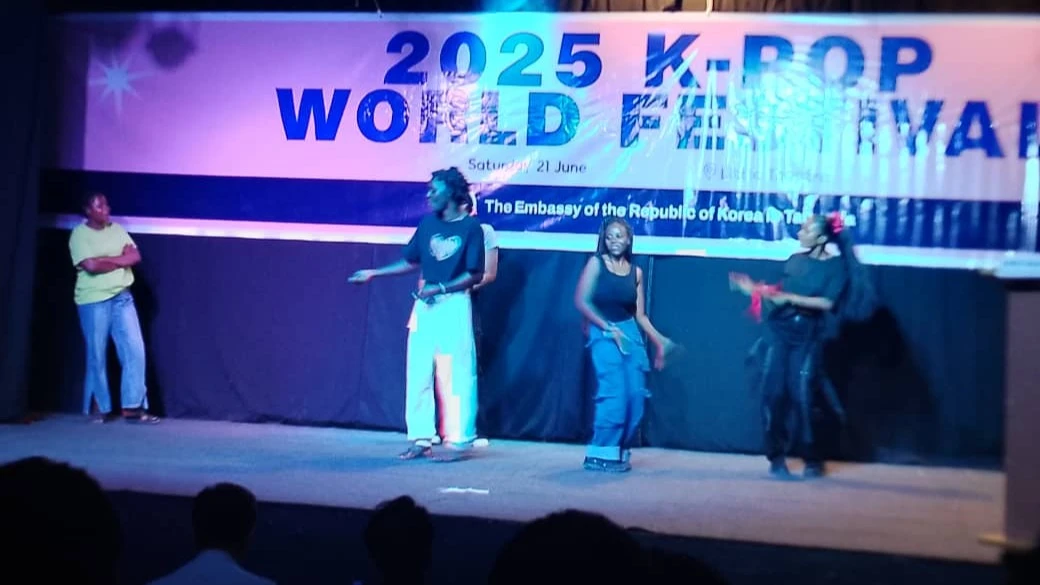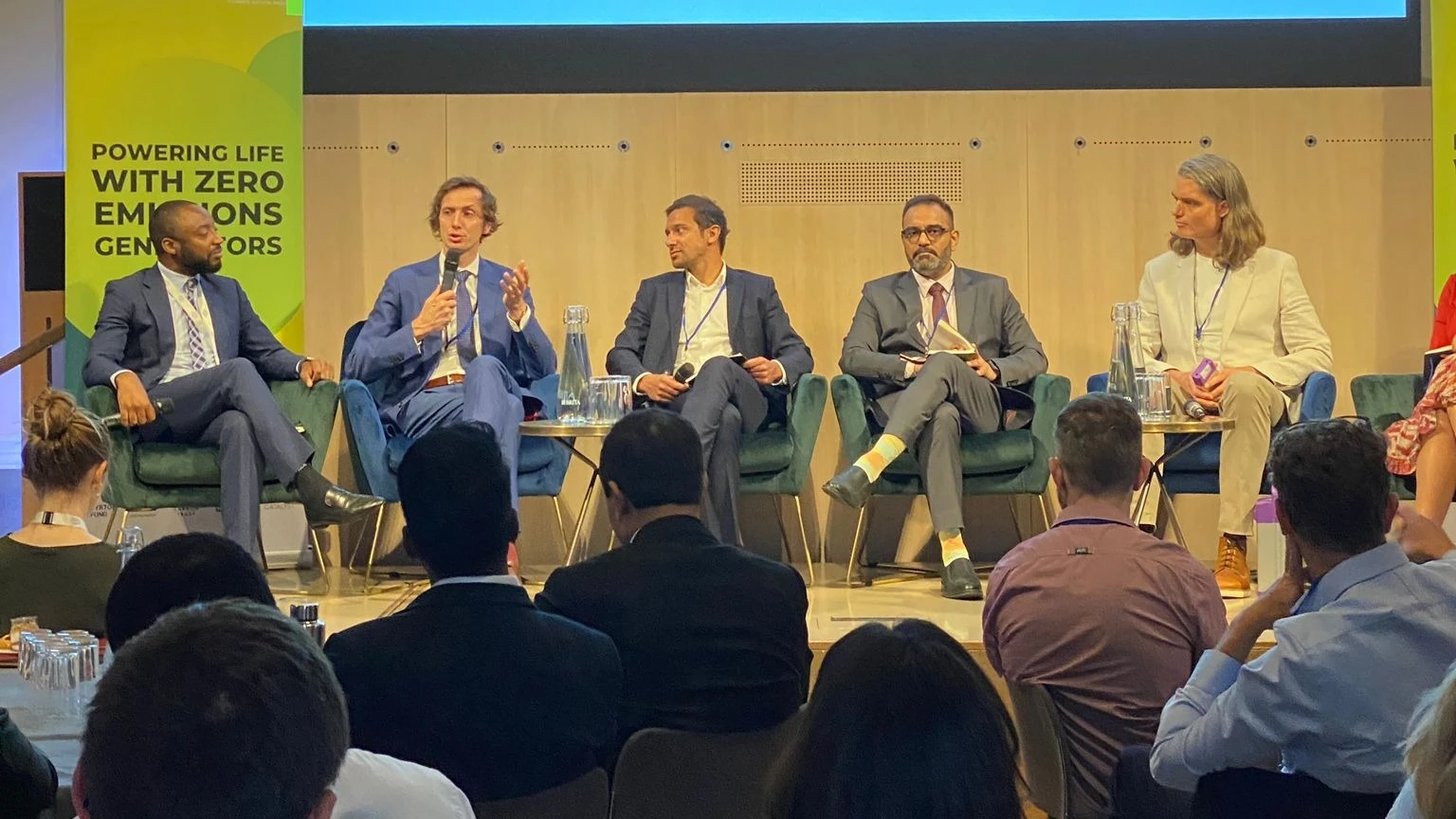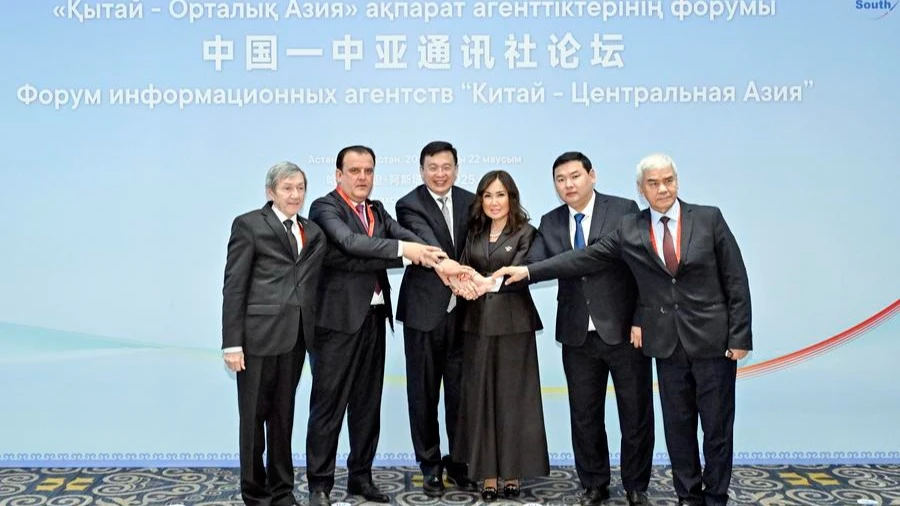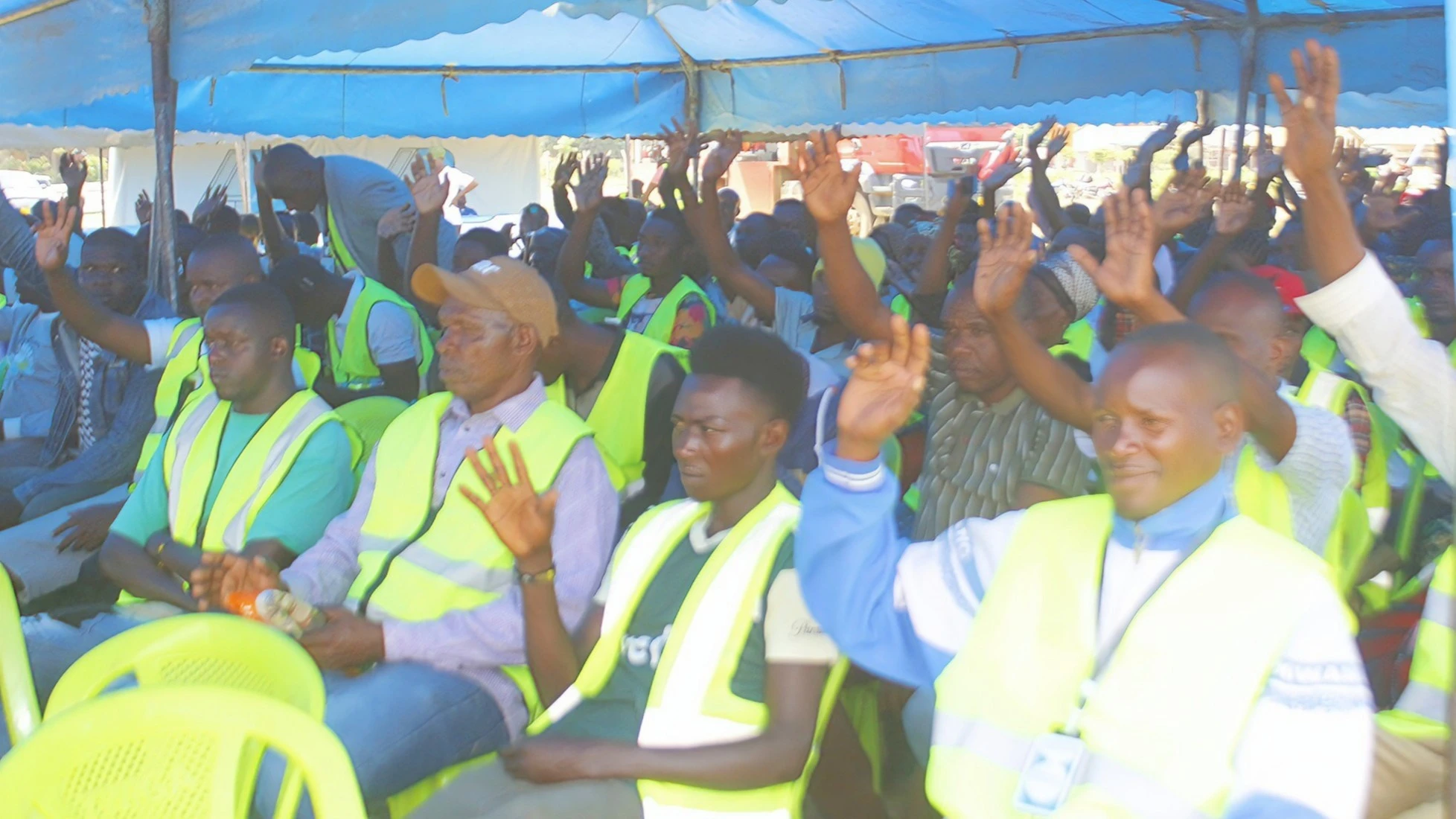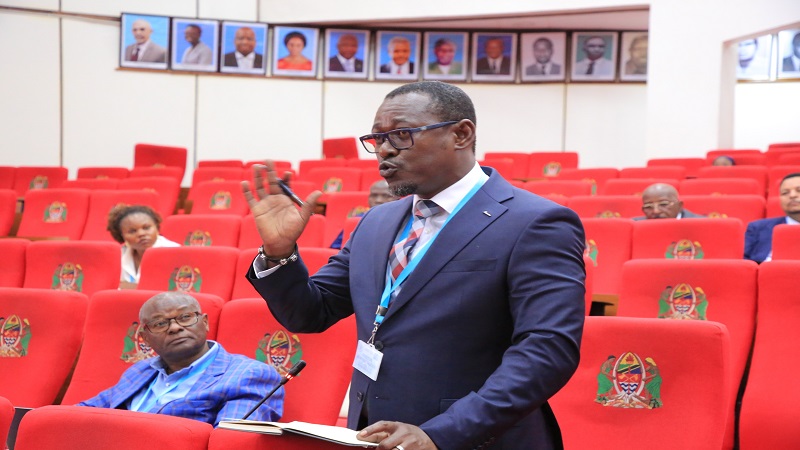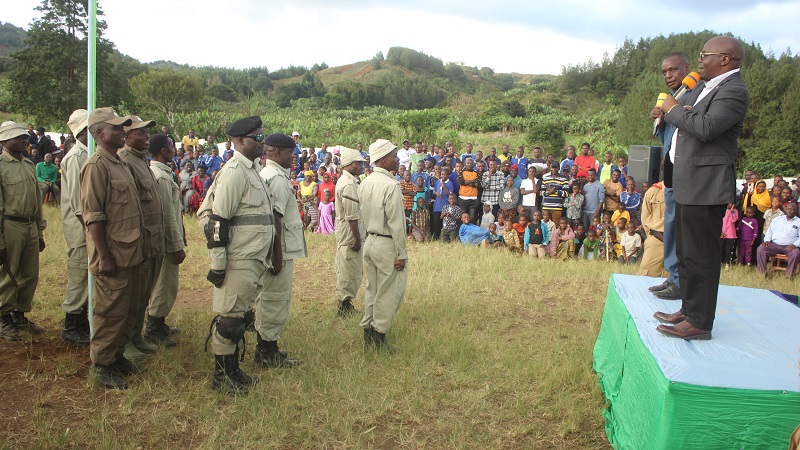Dar hosts global summit on nutrition policy shift
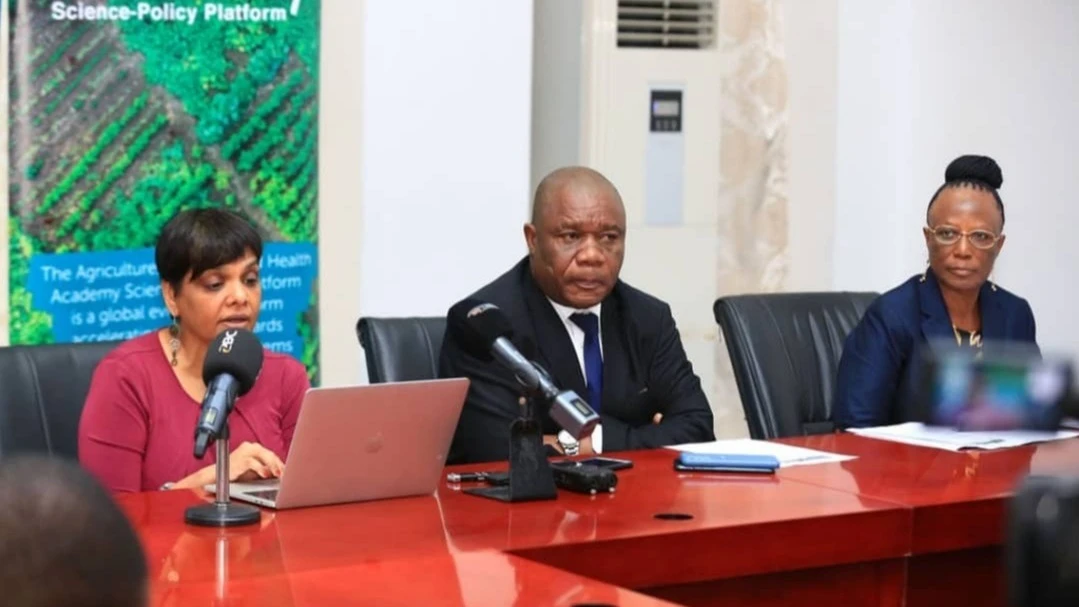
AS the world continues to grapple with persistent malnutrition even in areas of agricultural abundance, Tanzania is today set to host major international summit where experts are expected to push for a bold shift in policy focus—from food production to how food is actually consumed.
The 10th Agriculture, Nutrition and Health (ANH) Academy Week, set to take place in Dar es Salaam from today to June 26, drawing over 1,500 delegates (in-person and online) from various countries globally to examine the deep links between agriculture, nutrition, health and climate.
Co-hosted by the London School of Hygiene & Tropical Medicine and Sokoine University of Agriculture (SUA) the four-day gathering comes at a moment of growing concern over what experts describe as “hidden hunger”—a condition in which people remain undernourished despite living in food-producing regions.
Briefing reporters in Dar es Salaam yesterday Prof. Joyce Kinabo, a principal researcher from SUA said the Deputy Prime Minister and Minister for Energy, Dr Doto Biteko will officiate at the meeting today providing avenue to the experts to discuss the important issues in the rest four days.
She said that while increasing production has long been the focus of agriculture policy, it is time to consider how food is accessed, prepared and consumed within communities.
She emphasised that consumption-related issues are central to tackling malnutrition and must be reflected in policy and programming across sectors.
One such case is Njombe Region, a highly productive agricultural region in southern Tanzania, where women generate substantial incomes through farming but still suffer from poor nutrition outcomes due to limited time, food awareness, and access to diverse diets. According to one conference participant, women in Njombe are so focused on income-generating farming activities that they often lack the time or opportunity to consume the very nutritious food they produce.
This paradox has intensified calls for comprehensive consumption policies that go beyond simply increasing agricultural yields. Experts argue that regulations targeting unhealthy foods are not enough. What is needed are inclusive policies that address time poverty, promote nutrition education, and build supportive food environments that empower consumers—especially women—to make healthier choices.
Prof. Maulid Mwatawala, Deputy Vice Chancellor for Academic, Research and Consultancy at SUA said that Tanzania’s hosting of the summit underscores the country’s commitment to rethinking agriculture, nutrition and health in an integrated and sustainable way.
He the conference is taking place at a time when global food systems are under strain from multiple crises. In 2024, severe flooding across East Africa submerged farmland, killed livestock, and disrupted markets, with Tanzania losing an estimated 30 percent of its national food production.
At the same time, the UN World Food Programme reported that acute food insecurity and child malnutrition continued to rise globally, with over 295 million people in 53 countries facing severe hunger. These converging crises have made it clear that nutrition, agriculture and climate resilience cannot be treated in isolation.
Prof Suneetha Kadiyala of the London School of Hygiene & Tropical Medicine said the gathering in Tanzania reflects the strong political will and regional leadership necessary to drive meaningful change in food systems.
She noted that research must move beyond academic discussion and into practical, scalable solutions that improve people’s lives.
ANH2025 will bring together a diverse mix of researchers, policymakers, civil society actors and development partners to share the latest evidence and innovations in food systems . In over the four days, participants will engage in sessions that explore topics such as food system governance, climate-smart agriculture, nutrition in humanitarian settings and economic strategies to support healthy diets.
She said the event will conclude on 26 June with reflections from key partners and donors including the UK Government and the Gates Foundation.
Top Headlines
© 2025 IPPMEDIA.COM. ALL RIGHTS RESERVED








